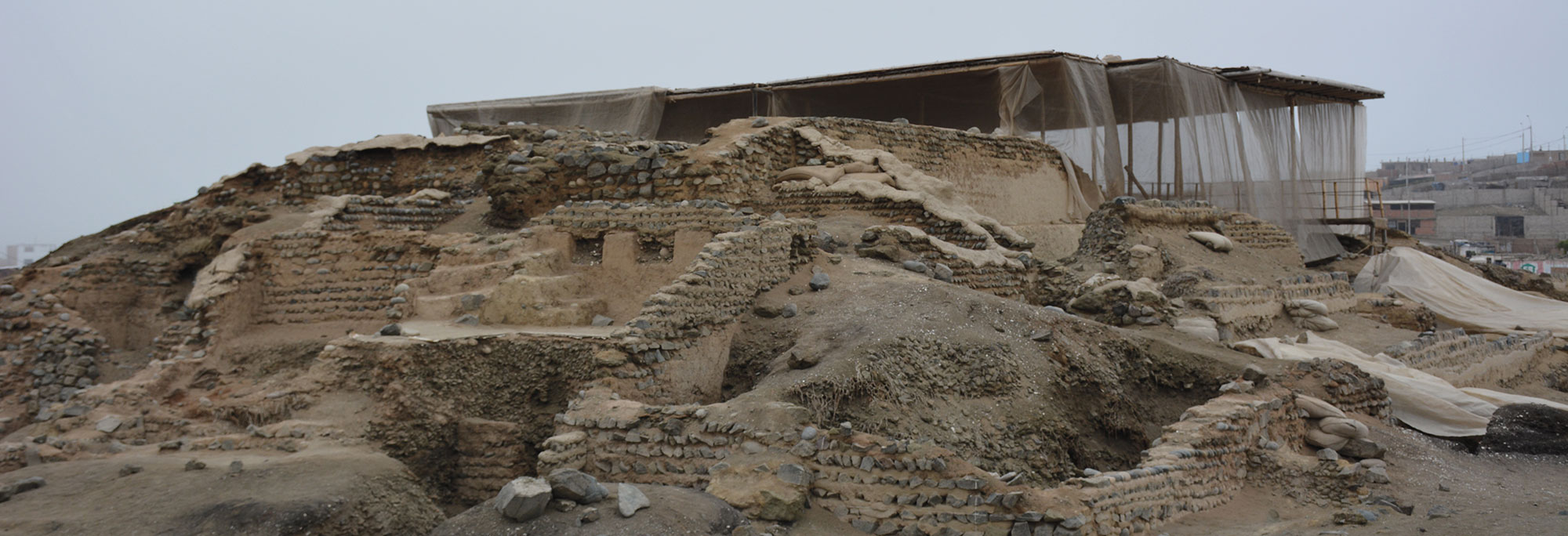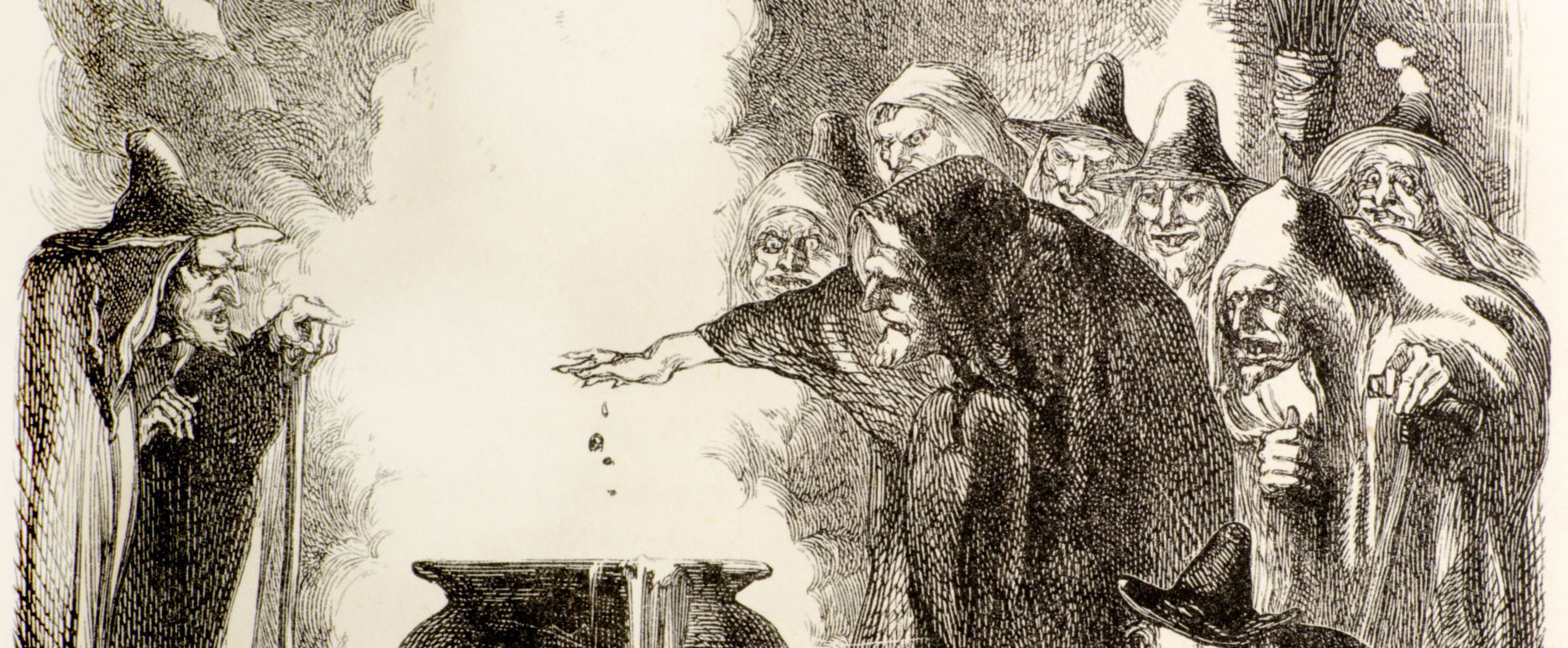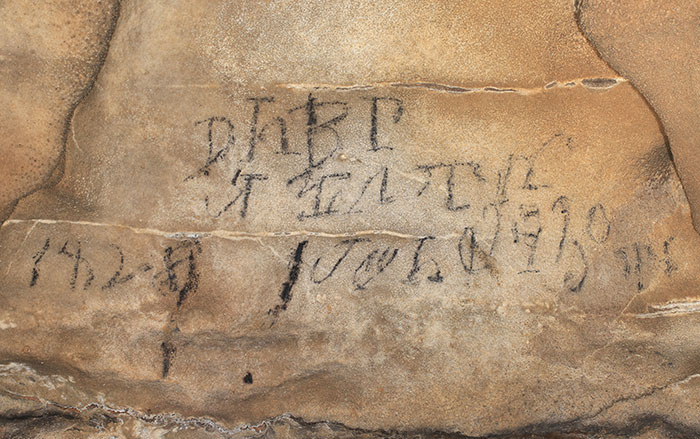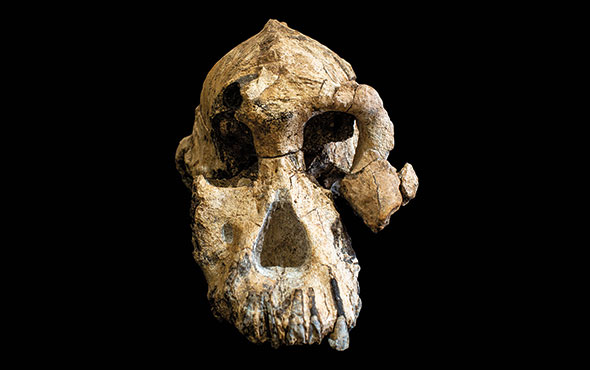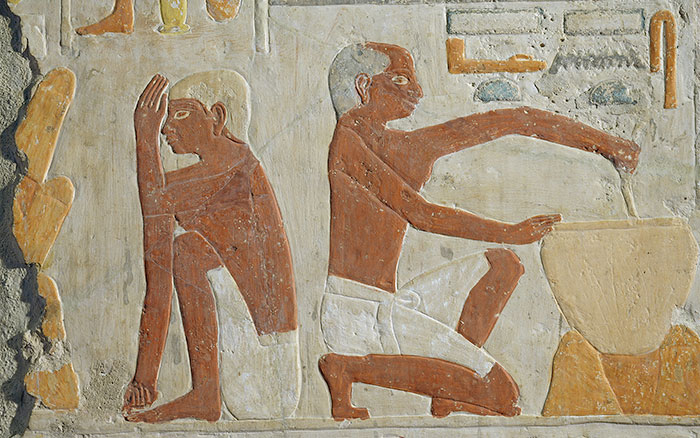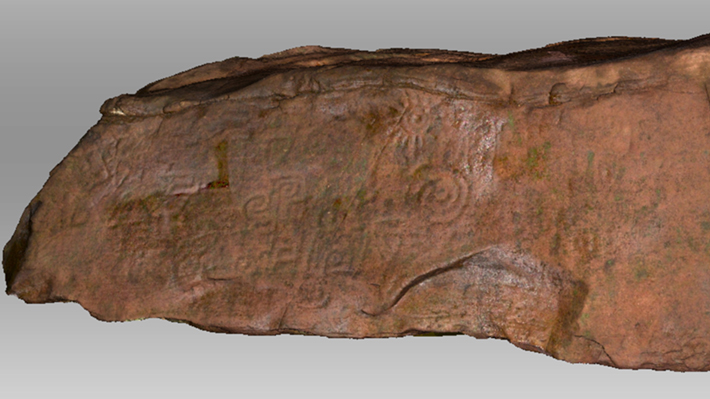
LEYMEBAMBA, PERU—Live Science reports that a team led by archaeologist Daniel Fernandez-Davila and application engineer Jason Kleinhenz of Exact Metrology have created a 3-D scan of a one-ton monolith located in a remote jungle of northern Peru. The monolith was carved from a piece of sedimentary rock that measures about 2.5 feet tall and 10 feet wide. This type of stone is not found in the jungle valley, however, and is thought to have been transported to the site and engraved with abstract, ornate images some 2,000 years ago. “That itself was a tremendous effort, a communal effort definitely,” Fernandez-Davila said. Among the images are two fangs believed to be associated with a deity known to scholars as a “feline feathered figure,” which has been found at other 2,000-year-old archaeological sites in Peru. The researchers created the scan because they are concerned that the images on the stone could soon be lost to erosion. The presence of the monolith, Fernandez-Davila explained, suggests that the jungle valley where it is located was probably an important sacred space. He plans to return to the site for additional investigations. For more on the archaeology of Peru, go to "Peruvian Mass Sacrifice," one of ARCHAEOLOGY's Top 10 Discoveries of 2019.




